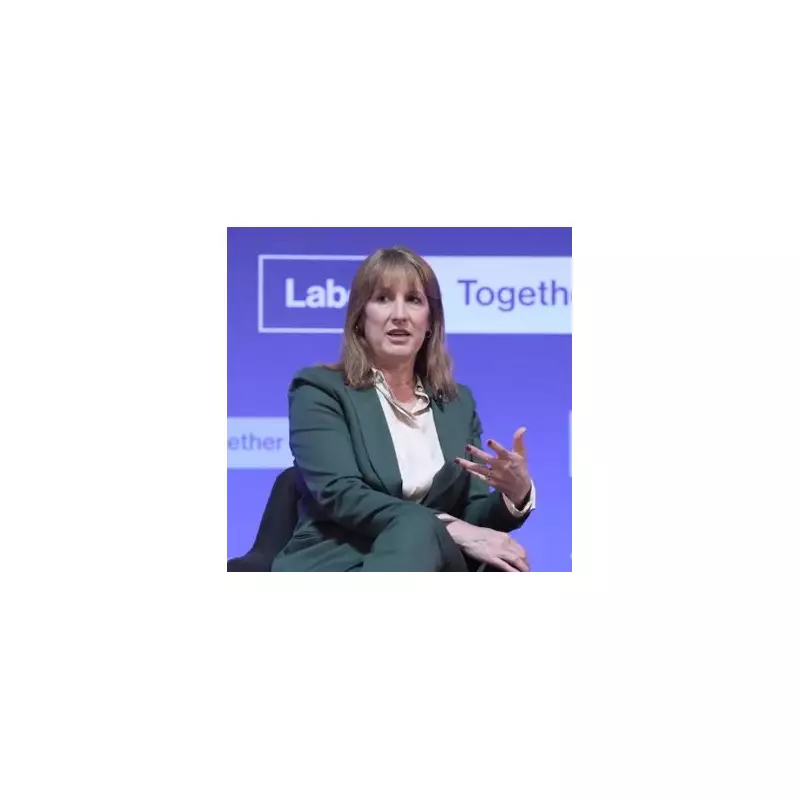
Workers Face Pension Contribution Squeeze in Autumn Budget
Chancellor Rachel Reeves is preparing to implement what critics are calling a stealth tax raid on retirement savings in her upcoming Autumn Budget. The Labour Party's financial chief is expected to target salary sacrifice schemes that currently provide tax advantages for both employers and employees contributing to workplace pensions.
How the Pension Tax Changes Will Work
The proposed changes would significantly alter how salary sacrifice arrangements operate for pension contributions. Under the new plan, Ms Reeves will reportedly limit the amount of salary that can be sacrificed without incurring national insurance payments to just £2,000 per year. Any pension contributions exceeding this threshold would result in employees paying the full 8% national insurance rate on the additional amount.
For workers earning above £50,000, the situation becomes even more costly, with an additional 2% charge applying to higher income levels. The financial impact varies depending on earnings and contribution levels:
A basic-rate taxpayer earning £50,270 who contributes 6% of their salary would face an additional £80 in national insurance payments annually. Those choosing to set aside £5,000, equivalent to 10% of their salary for someone on that income, would see their national insurance bill increase by £240 per year.
Industry Experts Warn of Wider Consequences
Former pensions minister Steve Webb, who served under both Liberal Democrat and Conservative governments and now works as a partner at pension consultants LCP, has expressed serious concerns about the proposed changes. Salary sacrifice schemes have been operating successfully for many years and represent a crucial mechanism for encouraging employers to provide quality workplace pensions, he noted.
Mr Webb warned that introducing a cap would primarily increase national insurance costs for employers, effectively penalising companies that are doing the right thing by offering robust pension arrangements. He also raised concerns that this could represent the thin end of the wedge, with many expecting eventual complete abolition of salary sacrifice benefits for pensions.
Steve Hitchiner, chair of the Society of Pension Professionals tax group, echoed these concerns, highlighting that the change would significantly increase costs for employers providing pension salary sacrifice arrangements. Employers would become liable to pay 15% national insurance on any contributions processed through salary sacrifice above the proposed £2,000 threshold.
Mr Hitchiner predicted that most firms would be unable to absorb these additional costs, meaning they would likely be passed down to employees through less generous employer pension contributions or smaller pay rises in future negotiations.
The Treasury's motivation for these changes appears to be addressing a substantial gap in public finances, estimated to be as much as £30 billion. However, critics argue that targeting pension savings represents a short-sighted approach that could undermine retirement planning for millions of workers across the UK.





